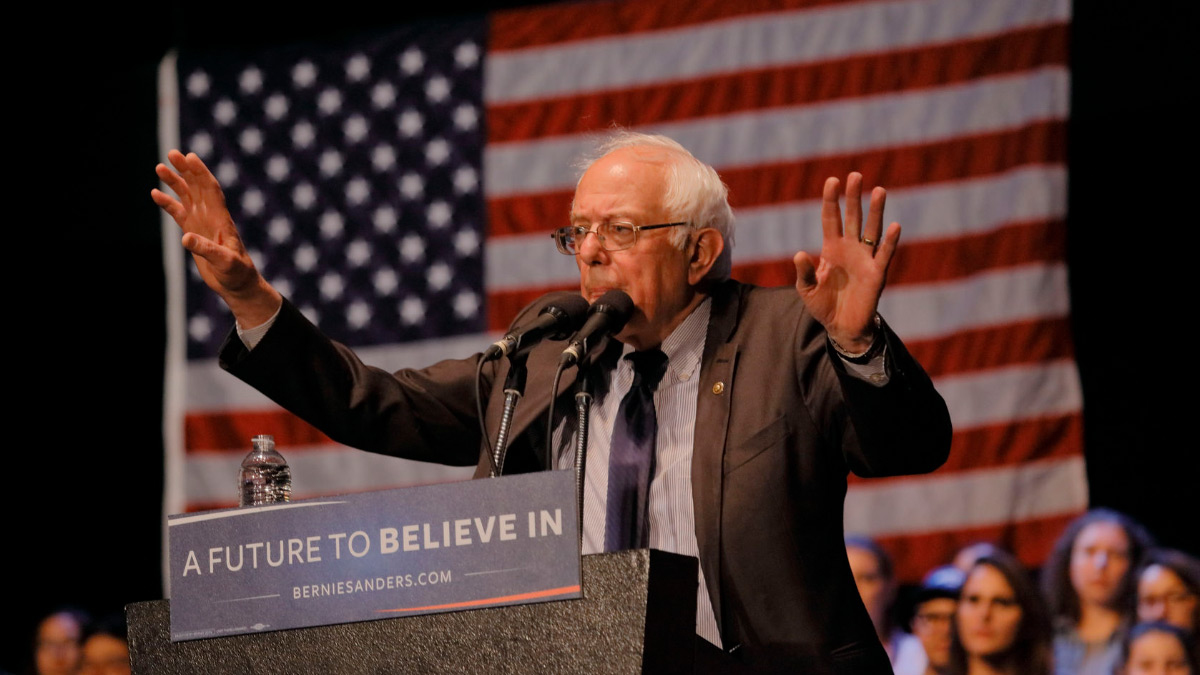With a growing number of politicians self-identifying as socialists, and two—New York’s Alexandria Ocasio-Cortez and Detroit’s Rashida Tlaib—newly elected to the House of Representatives, Americans need to ask themselves a question that didn’t appear on any ballot.
Are you ready for socialism?
It’s an especially interesting question because most Americans don’t really understand what socialism is—or the consequences of embracing it.
I attended the largest socialist conference in the United States, “Socialism 2018,” this past July while finishing research for a new book. Attendees’ opinions on how far down the spectrum toward full-blown socialism they wanted to move varied widely. Some favored small moves in specific sectors, such as energy or healthcare. But many, particularly members of the growing International Socialist Organization, favored moving all the way to abolishing private ownership of the means of production.
Technically, the abolition of private property in the production of goods and services and its replacement with collective ownership under government control is the very definition of socialism.
But in practice, as a recent report by the President’s Council of Economic Advisers noted, “socialism is not a zero-one,” that is, an either-or, designation. Instead, we can think of pure capitalism and pure socialism on opposite ends of a spectrum. All existing countries fall somewhere between these poles based on how much “the means of production, distribution, and exchange are owned or regulated by the state; and the [degree to which the] state uses its control to distribute the economic output” without regard for market forces.
The report offers a sobering look at the countries closest to the socialist end of the spectrum: the former Soviet Union, Mao’s China, Castro’s Cuba, and Venezuela. The results of taking one’s country to that end of the spectrum were universally awful.
The report also discusses the large body of research showing that countries closer to the other end of the spectrum—more-capitalist countries—outperform the less-free countries on most measures of economic development and citizen well-being. It also notes that Scandinavian countries are not an exception to this relationship—they’re mostly capitalist.
Unfortunately, that’s not what some people want to hear. New York Times columnist Paul Krugman, for example, tweeted that the report is “amazingly dishonest.” The New York Times, Washington Post, and other news outlets ran editorials attacking the report as inappropriate. They don’t like self-described “democratic socialists” like Sen. Bernie Sanders and Rep.-elect Ocasio-Cortez being associated with the failures of real state socialism.
But here’s the problem. The word “democratic” isn’t magic fairy dust when put in front of “socialist.” The socialist portion of democratic socialism still means the state—the government—has undue control over economic decision-making that will result in stagnation.
And, as history has shown over and over again, you can’t really have a free society and free people without economic freedom. Democratic freedoms and economic freedoms go hand in hand.
In his 1944 book, The Road to Serfdom, Nobel Prize-winning economist Friedrich Hayek made the case that democracy is only compatible with competitive capitalism and that once a country becomes “dominated by a collectivist creed, democracy will inevitably destroy itself.”
The reason is simple. Centrally planned socialist economic systems necessarily concentrate economic power in the hands of government officials and planners. Without such power they can’t hope to “run things.” Yet this same power limits citizens’ ability to freely exercise their power when they become dissatisfied with the government. That’s because the government can punish them financially if they choose to oppose those in power.
Venezuela started off as a democratic socialist state when Hugo Chavez was freely elected in 1998. Then, with economic power centralized, his successor, Nicolas Maduro, tightened the screws in the predictable fashion of socialism. He took care of those who supported him, ignoring, jailing, harassing the rest, as the economy crumbled with falling oil prices. Now, the democratic portion of “democratic socialism” is no more in Venezuela—it is merely socialist.
Some Americans think socialism is the answer for problems in our country. But the reality is that it would only make the problems worse. America’s democratic socialists need to learn more about the system they would have us embrace.












